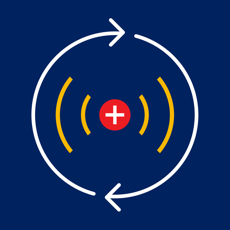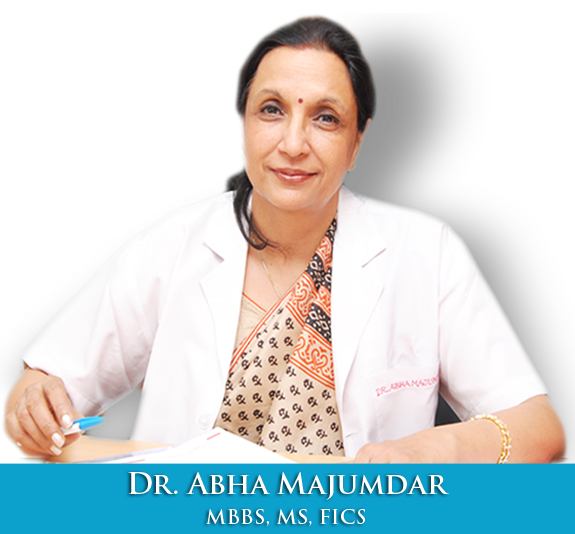Learn about sexual dysfunction, its types, causes, and treatment options for men and women.
Sexual dysfunction refers to difficulties during any phase of the sexual response cycle, including desire, arousal, orgasm, or experiencing pain. It affects both men and women and may stem from medical, psychological, or relational factors.
Description: Decreased interest in sex or sexual fantasies.
Causes: Hormonal imbalances, depression, stress, pregnancy, medications.
Description: Difficulty becoming or staying sexually aroused.
Causes: Blood flow issues, vaginal dryness, chronic illness, relationship stress.
Description: Difficulty or delay in achieving orgasm.
Causes: Anxiety, antidepressants (SSRIs), trauma, medical issues.
Description: Pain during or after intercourse.
Causes: Hormonal changes, vaginismus, vulvodynia, trauma.
Stress, depression, relationship problems, anxiety, or past sexual trauma.
Conditions such as diabetes, high blood pressure, hormonal issues, and medication side effects.
If you consistently experience issues with sexual desire, arousal, orgasm, or pain, consult a doctor for evaluation and support.
- Experiment with timing and positions
- Use lubrication or hormone therapy
- Focus on longer foreplay or external stimulation
- Reduce discomfort with warm baths and different positions
Estrogen therapy for post-menopausal women may improve lubrication and sensitivity.
Viagra and testosterone may be used cautiously in some cases of female dysfunction. ED medications are effective for many men.
A doctor can evaluate causes and suggest medical or psychological treatment, including referrals to specialists.
- Erectile Dysfunction: Inability to maintain an erection; treated with medication or therapy.
- Peyronie’s Disease, Priapism: Other conditions affecting sexual health.
- Vacuum devices, lubricants, and hormone therapy can help.
- Therapy is often recommended for emotional or psychological concerns.
- Psychological therapy: Effective for emotional/relational causes.
- Medications: Used with a proper diagnosis.
- Lifestyle changes: Stress reduction, quitting smoking, open communication.
- 1. What is sexual dysfunction?
- Sexual dysfunction refers to persistent problems that interfere with satisfaction during any phase of the sexual response cycle—desire, arousal, orgasm, or experiencing pain during sex.
- 2. Who can experience sexual dysfunction?
- Both men and women can experience sexual dysfunction. It can affect people of any age, though it tends to become more common with age or when underlying health issues are present.
- 3. What are the main types of sexual dysfunction?
- The primary types include:
- Desire disorders (low libido or reduced interest in sex)
- Arousal disorders (difficulty becoming or staying aroused)
- Orgasmic disorders (delayed or absent orgasms)
- Sexual pain disorders (pain during sex, such as dyspareunia or vaginismus)
- 4. What causes sexual dysfunction?
- Causes may include:
- Emotional: stress, anxiety, depression, past trauma
- Physical: chronic illness, hormonal imbalances, medication side effects
- Relational: communication problems, unresolved conflict, or lack of intimacy
- 5. How is sexual dysfunction diagnosed?
- A healthcare provider will review your medical history, symptoms, emotional well-being, and medications. Lab tests or physical exams may also be conducted to identify underlying causes.
- 6. Is sexual dysfunction treatable?
- Yes. Treatment depends on the cause and may involve:
- Medications
- Hormone therapy
- Lifestyle changes
- Psychological counseling or sex therapy
- 7. Can medications like Viagra help women?
- Viagra is FDA-approved for men with erectile dysfunction. While some women may benefit from off-label use, its effectiveness for female sexual dysfunction is limited. Other options include hormone therapy, lubricants, and counseling.
- 8. What lifestyle changes can improve sexual function?
- Healthy habits that support sexual health include:
- Quitting smoking
- Reducing alcohol intake
- Managing stress
- Regular exercise
- A nutritious diet
- Open communication with your partner
- 9. When should I see a doctor about sexual problems?
- If you’re experiencing persistent or distressing issues with desire, arousal, orgasm, or pain during sex, consult a healthcare provider. Early intervention often leads to better outcomes.
- 10. What role does therapy play in treating sexual dysfunction?
- Therapy—especially individual or couples counseling—can address psychological and relational issues such as anxiety, body image concerns, trauma, or communication problems. Many people see significant improvement with therapeutic support.






